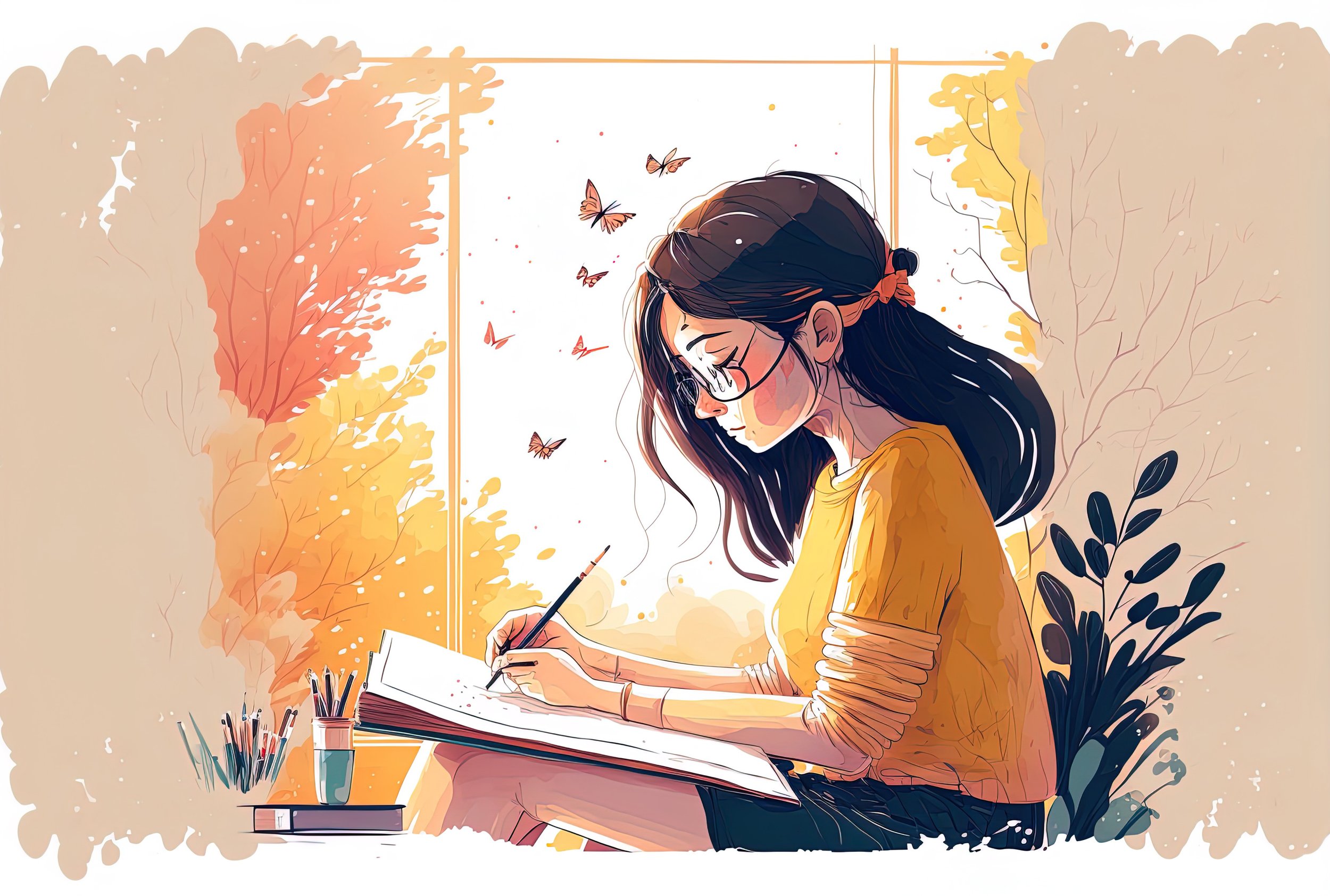Deep Thinking
It’s a chicken and egg thing, right? Does composition follow comprehension, or is it the other way around? Which holds more significance? And what exactly do we mean by 'comprehend' and ‘compose'?
Comprehending equals understanding. Composing equals creating.
Consider this: is a deep understanding a prerequisite for creation? Many would argue ‘yes.’ Take Beethoven, for instance. His profound comprehension of music allowed him to compose symphonies that resonate with us even today. On the other hand, we have modern composers who, despite their rudimentary grasp of music, have managed to create popular pieces.
Conversely, some of the popular composers of today have only a rudimentary grasp of music.
Both groups, with their unique approaches, have crafted something of value. With its profound emotional depth, Beethoven's music not only resonates with us but also touches the lives of many. It's not uncommon to encounter people who'd sooner part with their hearing than endure a Beethoven sonata, a testament to the deeply personal impact of his art. Similarly, with its universal appeal, popular music has the power to evoke strong emotions.
Composing and comprehending exist together in a symbiotic relationship. One is no more or less important than the other. In fact, they often feed into each other, with a deeper understanding leading to more creative compositions and composing enhancing one's comprehension of the subject matter.

